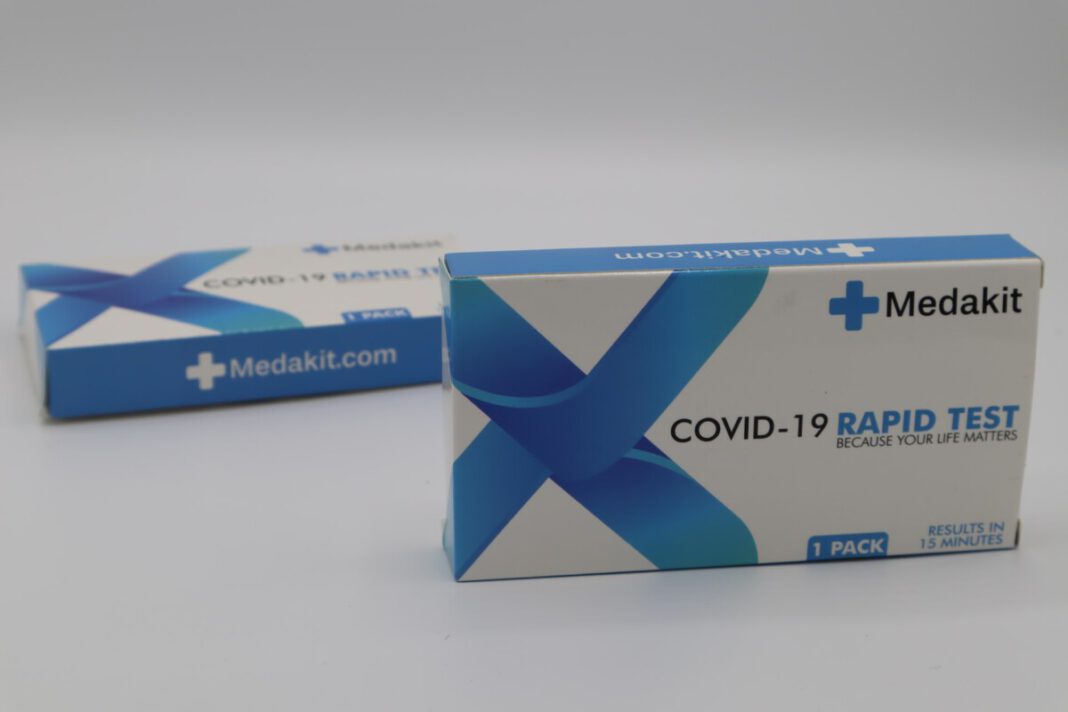A rapid testing street has been set up in Utrecht by UMC researchers. It is a trial test street where people will undergo both a normal corona test and a rapid test. The researchers want to see how reliable a rapid test is.
Normally, coronavirus tests involve the testing of a person’s genetic material. This is called a PRC test, and it is used to test for the genetic material of the virus. Researchers use this test because it is the most likely to pick up on the coronavirus even if it is only slightly present in the body.
However, the problem with PRC testing is the time it takes to receive a result. The process through which the result is received takes an average of 5 hours. With the GGD under immense pressure at the moment, research into rapid testing is needed. A rapid test only takes 15 minutes to yield a result.
Rapid testing
It is hoped by researchers that a rapid test can be used to determine quickly whether or not a person definitely has the virus. If a person has large amounts of the virus within their body, then they will test positive. If the result is unclear or it is believed the person was exposed to coronavirus but they tested negative — then they will still receive the PRC test.
The type of rapid testing being used by researchers in Utrecht is an antigen test. The test looks for a specific protein that is present in the coating of the virus.
The test acts like a pregnancy test, patients are swabbed as with the PRC test, but droplets from the collected sample are then placed on a USB-like device. A patch on the device will then turn a certain colour if the coronavirus protein is present.
Hopeful that rapid testing can be used
Experts are hopeful about the use of rapid testing. It is already known that rapid tests are less sensitive to the virus but it is believed they will still help. The test street in Utrecht is hoping to determine from where it is best to collect a sample. The research is expected to last for three weeks.
Feature Image: Medakit Ltd/ Unsplash



